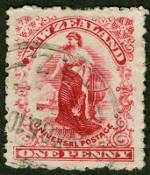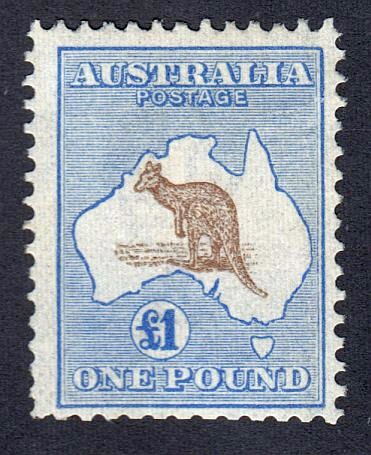
Discussion - Member to Member Sales - Research Center

Discussion - Member to Member Sales - Research Center


Certainly enough for this writer to fork out £3.95 (US$6, CAN$8) to see what lay within. It's a profusely illustrated (30 stamps, each at 200% enlargement) piece in which the main argument is that once the Soviet Union had been invaded (22 June 1941) its stamps helped motivate the people to resist the onslaught of Hitler's troops.
This it did, in part, by abandoning the previously strict party line, in which the only force for good was a narrowly Russian Communist Party, and welcoming the far-flung and disparate peoples of the Union, the Uzbeks, the Chechens, the Cossacks, into the defence of the Motherland. Furthermore, hitherto neglected Russian heroes of the tsarist days were also ripe for rehabilitation in the cause of the Great Patriotic War. Medals were illustrated, new heroes celebrated.
Well, up to a point. The argument would have carried more weight if its author had contrasted pre-WW2 issues with the 1941-45 output. He would have had to admit that there were stamps celebrating the other republics (the 1933 Ethnographical issue, the 1938 New Constitution issue), as well as tsar-era personalities (Mendeleev, Tolstoy, Pushkin, Shevchenko).
But actually, what author David Parker has done is a quick trawl through the catalogue, a few notes on individual wartime issues, and left it at that. It is an introductory feature for those coming across the subject perhaps for the first time (and who may not possess a stamp catalogue).
What he has also done is puff his new book European Stamp Issues of the Second World War, which weighs in at a hefty £25 (US$38, CAN$50). Checking this out on Amazon, we soon realise that Parker is an amateur WW2 buff who knows his history and enjoys writing about it. But his bibliography contains precisely two titles relevant to stamps: the Gibbons catalogue, and the Michel catalogue.
Popular history (and popular philately) has its place, but those of us awaiting some original research, perhaps from national archives, or from learned journals delving into the actual practice of postal authorities under wartime conditions, look as if we're in for a long wait.

Login to Like
this post

Here's an alluring cover to the latest issue of the British stamp magazine "Stamp Magazine":

Certainly enough for this writer to fork out £3.95 (US$6, CAN$8) to see what lay within. It's a profusely illustrated (30 stamps, each at 200% enlargement) piece in which the main argument is that once the Soviet Union had been invaded (22 June 1941) its stamps helped motivate the people to resist the onslaught of Hitler's troops.
This it did, in part, by abandoning the previously strict party line, in which the only force for good was a narrowly Russian Communist Party, and welcoming the far-flung and disparate peoples of the Union, the Uzbeks, the Chechens, the Cossacks, into the defence of the Motherland. Furthermore, hitherto neglected Russian heroes of the tsarist days were also ripe for rehabilitation in the cause of the Great Patriotic War. Medals were illustrated, new heroes celebrated.
Well, up to a point. The argument would have carried more weight if its author had contrasted pre-WW2 issues with the 1941-45 output. He would have had to admit that there were stamps celebrating the other republics (the 1933 Ethnographical issue, the 1938 New Constitution issue), as well as tsar-era personalities (Mendeleev, Tolstoy, Pushkin, Shevchenko).
But actually, what author David Parker has done is a quick trawl through the catalogue, a few notes on individual wartime issues, and left it at that. It is an introductory feature for those coming across the subject perhaps for the first time (and who may not possess a stamp catalogue).
What he has also done is puff his new book European Stamp Issues of the Second World War, which weighs in at a hefty £25 (US$38, CAN$50). Checking this out on Amazon, we soon realise that Parker is an amateur WW2 buff who knows his history and enjoys writing about it. But his bibliography contains precisely two titles relevant to stamps: the Gibbons catalogue, and the Michel catalogue.
Popular history (and popular philately) has its place, but those of us awaiting some original research, perhaps from national archives, or from learned journals delving into the actual practice of postal authorities under wartime conditions, look as if we're in for a long wait.

Login to Like
this post

